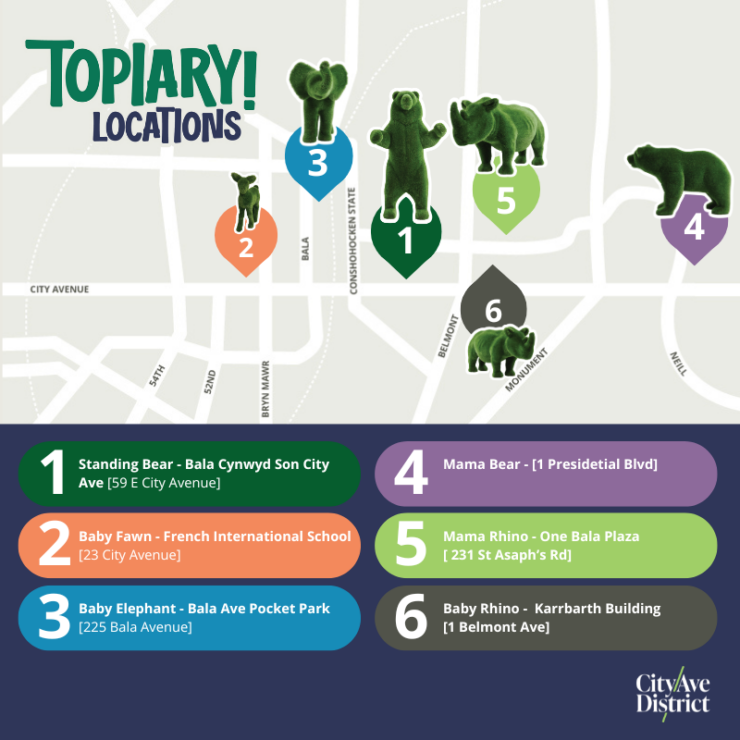Estate planning is an essential yet often overlooked aspect of financial and personal preparation. It involves creating a plan for managing and distributing your assets after your passing while ensuring that your loved ones are cared for and your wishes are honored. Addressing matters like wills, trusts, and deceased estates early on can alleviate stress and uncertainty for your family during an already challenging time. Protect heirs with thorough estate distribution legal services Brisbane.
What is Estate Planning?
Estate planning encompasses a variety of legal tools and documents that outline how your property, finances, and personal belongings should be managed and distributed upon your death. Common elements include:
- Wills: A legal document specifying who will inherit your assets and who will be responsible for administering your estate.
- Trusts: Instruments that allow you to transfer assets to beneficiaries while potentially reducing taxes and avoiding probate.
- Power of Attorney: Designates someone to make financial or medical decisions on your behalf if you become incapacitated.
- Healthcare Directives: Expresses your preferences for medical treatment in case you are unable to communicate them.
Why is Estate Planning Important?
- Protects Your Family: Estate planning ensures that your assets are distributed according to your wishes, helping your family avoid disputes and legal battles.
- Minimizes Taxes and Expenses: Proper planning can reduce estate taxes and avoid costly probate processes, preserving more of your assets for your beneficiaries.
- Provides Peace of Mind: Knowing that your loved ones will be cared for and your legacy protected offers invaluable peace of mind.
- Addresses Deceased Estates Efficiently: Without an estate plan, managing deceased estates can become a lengthy and stressful process for your family, involving court intervention and potential disputes.
Common Misconceptions About Estate Planning
- “I Don’t Have Enough Assets to Need a Plan”: Estate planning isn’t just for the wealthy. It ensures that whatever you own—be it a home, car, or sentimental possessions—is distributed according to your wishes.
- “I’m Too Young to Think About This”: Life is unpredictable, and having a plan in place ensures you’re prepared for the unexpected.
- “My Family Will Figure It Out”: Without clear instructions, family disagreements and legal complications can arise, causing unnecessary hardship.
How to Get Started with Estate Planning
- Take Inventory of Your Assets: List your properties, investments, insurance policies, and personal belongings.
- Define Your Goals: Decide how you want your assets distributed and who will manage your estate.
- Consult an Estate Planning Attorney: Professional guidance ensures your documents are legally sound and aligned with your goals.
- Review and Update Regularly: Life changes, such as marriage, divorce, or the birth of a child, may require updates to your estate plan.
Estate planning is not just about preparing for the inevitable; it’s about taking control of your legacy and providing for the people and causes that matter most to you. Addressing issues like deceased estates early can prevent unnecessary complications and ensure your loved ones are supported during difficult times. Start your estate planning journey today to secure your future and give your family the gift of peace and clarity.



